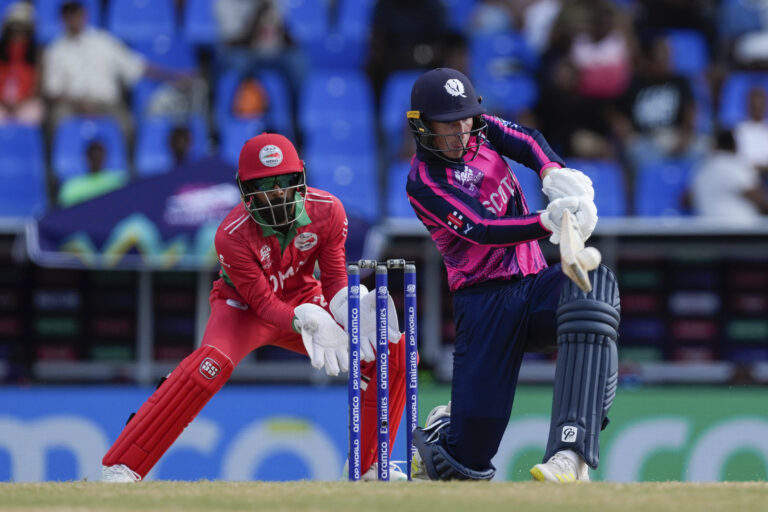The Impact of Weather Forecasting on Cricket Broadcasting Schedules
11xplay reddy login, reddy anna, golden 777 login:Weather forecasting plays a crucial role in the world of cricket broadcasting schedules. Whether it’s a test match, a one-day international, or a T20 game, the weather can have a significant impact on when and if a match will take place. In this article, we’ll explore the importance of weather forecasting in cricket broadcasting schedules and how it affects the game.
Weather Delays and Rescheduling
One of the most obvious impacts of weather forecasting on cricket broadcasting schedules is the potential for delays and rescheduling. If rain is predicted during a match day, broadcasters must be prepared to adjust their schedules accordingly. This can mean pushing back the start time of a match, extending play into the evening, or even rescheduling the match for another day.
Frequent weather delays and rescheduling can be frustrating for both players and fans. Players risk losing their focus and momentum when play is interrupted, while fans may have to rearrange their schedules to accommodate the new match times. Broadcasters must also be prepared to adapt to these changes, making sure they have enough airtime to cover the extended matches or rescheduled games.
Broadcasting Technology and Weather Forecasting
Advancements in broadcasting technology have made it easier than ever for cricket fans to keep up with the latest match updates, regardless of the weather. With live streaming services, mobile apps, and social media platforms, fans can stay informed about match delays, rescheduling, and other weather-related news in real time.
Weather forecasting technology has also improved in recent years, making it easier for broadcasters to predict inclement weather and make informed decisions about match scheduling. By using satellite imagery, radar technology, and weather models, broadcasters can provide more accurate forecasts and keep fans updated on any potential weather disruptions.
The Role of Weather Anchors
Weather anchors play a crucial role in cricket broadcasting schedules, providing viewers with up-to-date weather forecasts and insights. These experts use their knowledge of meteorology and weather patterns to predict the likelihood of rain, storms, or other weather events that could impact a match.
Weather anchors work closely with broadcasters and tournament organizers to ensure that fans have the information they need to plan their day around the weather. By providing accurate forecasts and timely updates, weather anchors help minimize disruptions to cricket matches and keep fans engaged throughout the tournament.
FAQs
Q: How do broadcasters decide when to reschedule a cricket match due to weather?
A: Broadcasters work closely with tournament organizers, weather anchors, and venue officials to monitor the weather conditions and make informed decisions about match scheduling. If inclement weather is predicted, broadcasters may choose to delay the start time, extend play into the evening, or reschedule the match for another day.
Q: How do weather anchors predict the weather for cricket matches?
A: Weather anchors use a combination of satellite imagery, radar technology, weather models, and their knowledge of meteorology to predict the likelihood of rain, storms, or other weather events that could impact a match. By analyzing these factors, weather anchors can provide accurate forecasts and help broadcasters make informed decisions about match scheduling.
In conclusion, weather forecasting plays a crucial role in cricket broadcasting schedules, helping broadcasters make informed decisions about match scheduling and keeping fans informed about any potential weather disruptions. By working closely with weather anchors and using advanced broadcasting technology, broadcasters can ensure that cricket matches run smoothly and that fans stay engaged throughout the tournament.







